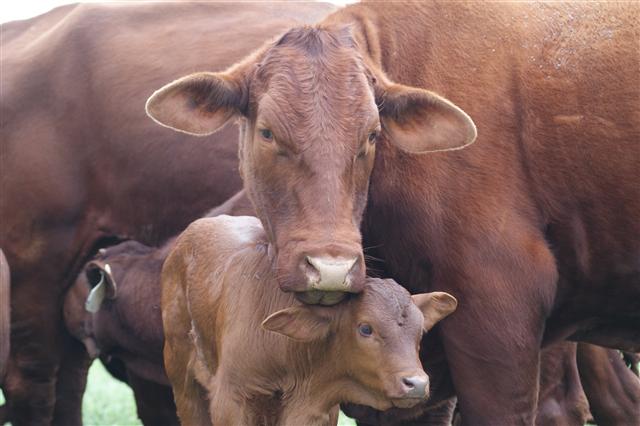The cattle market has worked lower from the record high levels of 2015. Stocker and yearling prices have fallen quite a bit, but these animals are still worth a lot of money. Kansas veterinarian Dr. Don Coover of SEK Genetics said he understands the clients he works with, whether they have a few or several hundred cows, that they have a tremendous investment that they’ve got to take good care of. Cattle producers have to maximize the ability to produce those calves year in and year out. Coover said producers that are trying to optimize their herd production, by getting away from cows that won’t carry pregnancies, that can’t get pregnant or do get pregnant and loss their pregnancy. Further, he said producers are paying attention to things like, Neosporosis, Bovine Viral Diarrhea (BVD) in having a vaccination program that guard against things like Leptospirosis, Vibrio, Bovine Respiratory Syncitial Virus (BRSV) and Infectious Bovine Rhinotracheitis (BRSV).

“There’s a lot of interest in it, people are trying to get a better deal with their nutrition programs, they are trying to get better and more effective results with their vaccination program, their biosecurity program,” Coover said. “Everybody is trying to optimize that, because the industry is consolidating, there’s more and more money in it and it’s more competitive, so yeah, there’s a lot more interest lately.”
Cattle producers also continue to look at ways to improve their herd genetics through artificial insemination (AI) and embryo transfer (ET). Coover said producers are trying to find better genetics that help them maximize their profit potential.
As consumers have become more interested in where their food comes from and how it’s raised, there is a need to raise cattle more humanely. In response, Coover said some producers are switching to polled genetics, so they won’t have dehorn their cattle. He said consumers are interested in having producers use anaesthesia for medical procedures, plus consumers don't like the appearance of dehorned cattle. Coover said consumers are looking for a wholesome, nutritious, tasty product and fortunately a lot of the things that producers are doing result in a better product.
“What tends to be good for the cattle, tends to be good for the producer, tends to be good for the consumer and it’s one of those things where I think people want to be open and above board about it, because the public is interested in it and there’s no reason they shouldn’t be,” Coover said.
Click here to see more...